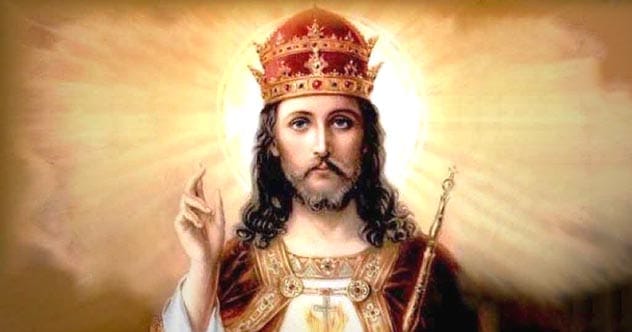Throughout history, some individuals dared to challenge the status quo, breaking rules to ignite change and pave the way for a better world. These pioneers faced persecution and adversity, yet their determination reshaped societies and left an indelible mark. Here are ten such individuals who dared to break the rules and change the world.
Galileo Galilei
Galileo, an Italian astronomer, engineer, and physicist, revolutionized our understanding of the universe. Championing Copernican heliocentrism, the theory that the Earth revolves around the Sun, Galileo clashed with the Catholic Church. His assertion that the Bible contained errors contradicted the Church’s views, leading to his trial in 1633. Though forced to recant and placed under house arrest, Galileo’s work laid the foundation for modern physics and the scientific method, earning him the title of the father of modern science.
Julius Caesar
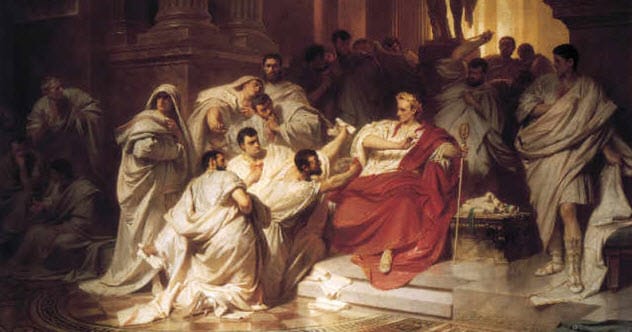
Julius Caesar, a prominent figure in Roman history, broke a significant rule when he crossed the Rubicon River with his army in 49 BC. This act defied the Roman Senate’s order to disband his army and remain outside the Republic. Caesar’s defiance ignited the Roman Civil War, ultimately leading to his dictatorship. Although assassinated by the Senate, his actions paved the way for the Roman Empire under his adopted heir, Augustus Caesar.
Rosa Parks
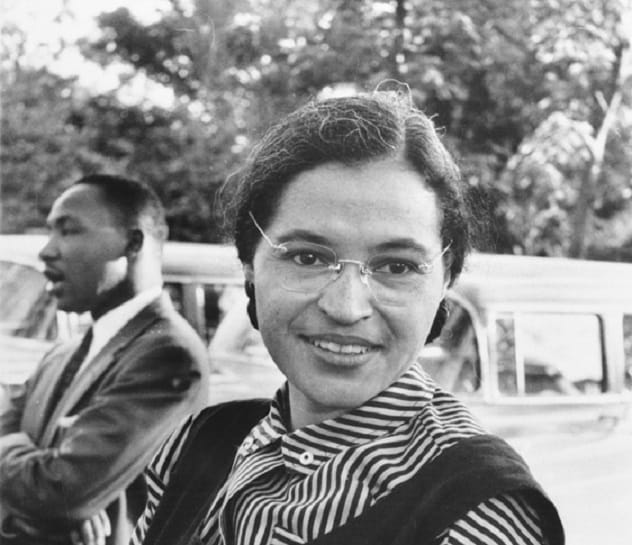
Rosa Parks, a key figure in the American Civil Rights Movement, broke societal rules on December 1, 1955, by refusing to give up her seat on a bus to a white man. Her act of civil disobedience led to her arrest and sparked the Montgomery bus boycott. This 381-day boycott put immense pressure on the city and galvanized the Civil Rights Movement. In 1956, the Supreme Court ruled against segregation on Alabama’s public transportation, marking a pivotal victory for equality.
Nelson Mandela
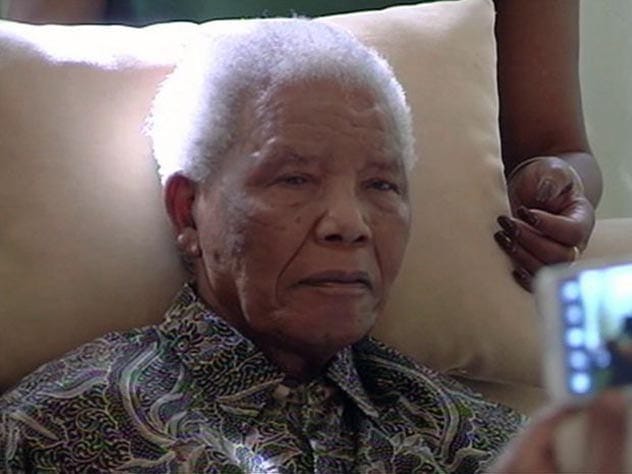
Nelson Mandela, a staunch opponent of South Africa’s apartheid regime, defied unjust laws and fought for equality. From 1948, Mandela was arrested multiple times for his activism against the institutionalized racial segregation. Despite decades of imprisonment, Mandela continued to challenge apartheid. Released in 1990, he played a crucial role in ending apartheid and establishing a democratic South Africa, becoming its first president in 1994.
Mohandas Gandhi
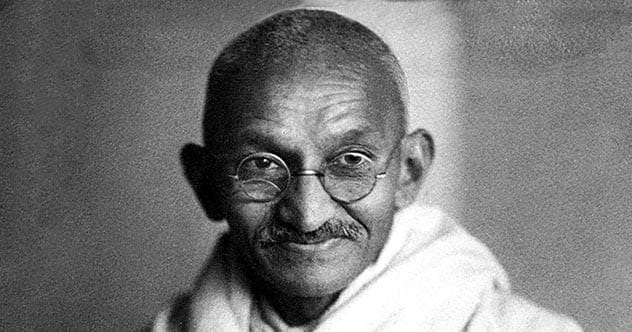
Mohandas Gandhi, the leader of the Indian independence movement, employed nonviolent resistance to challenge British rule. His commitment to peaceful protest led to numerous arrests, but he remained steadfast in his advocacy for civil rights and an end to poverty. The 1930 Dandi Salt March, a 250-mile protest against unfair taxes, exemplified his dedication. Gandhi’s efforts ultimately led to India’s liberation from colonial rule, achieved without bloodshed.
Martin Luther
Martin Luther, an Augustinian monk, challenged the Roman Catholic Church’s practices, particularly the sale of indulgences. In 1517, he posted his Ninety-five Theses, sparking a debate that led to the Protestant Reformation. Luther’s refusal to renounce his writings resulted in his excommunication and declaration as an outlaw. His actions led to a schism within Christianity, giving rise to Lutheranism and other Protestant denominations.
Dr. Martin Luther King Jr.
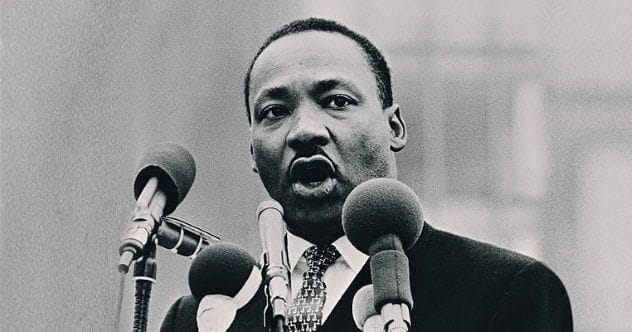
Dr. Martin Luther King Jr., a prominent leader of the American Civil Rights Movement, fought against racial inequality through nonviolent resistance. As the leader of the Montgomery bus boycott and the Southern Christian Leadership Conference, he organized marches and protests for civil rights. His advocacy contributed significantly to the end of legalized segregation. Despite being arrested 29 times for acts of civil disobedience, King’s commitment to justice earned him the Nobel Peace Prize in 1964.
Susan B. Anthony
Susan B. Anthony dedicated her life to social equality, initially focusing on the abolition of slavery and later championing women’s suffrage. In 1872, she broke a federal law by voting in Rochester, New York, leading to her conviction. Although she refused to pay the fine, her activism paved the way for the 19th Amendment in 1920, granting women the right to vote, an amendment often referred to as the “Susan B. Anthony Amendment.”
Leonardo Da Vinci
Leonardo da Vinci, a Renaissance polymath, defied conventions in art, science, and medicine. His anatomical studies, which involved dissecting cadavers, were groundbreaking but considered taboo at the time. Da Vinci’s detailed illustrations accurately depicted the human body, challenging existing medical knowledge. Although his work remained unpublished for centuries, it profoundly influenced medical practices and anatomical understanding in later eras.
Jesus Christ
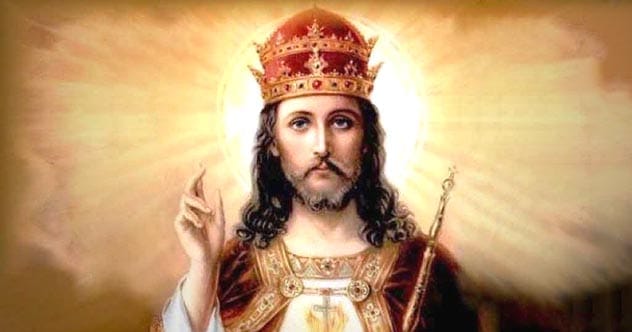
Jesus Christ, born in Bethlehem, challenged the religious norms of His time. His teachings, which emphasized love, forgiveness, and a direct relationship with God, often clashed with the strict interpretations of Jewish law by the Pharisees. By declaring Himself the Messiah, Jesus defied social and religious hierarchies. His crucifixion, followed by the belief in His resurrection, led to the birth of Christianity, profoundly impacting the course of human history.
These ten individuals, through their acts of defiance and unwavering commitment to their beliefs, have reshaped the world we live in. Their courage serves as a reminder that breaking the rules can sometimes be the catalyst for profound and lasting change.
What do you think? Share your thoughts in the comments below!


